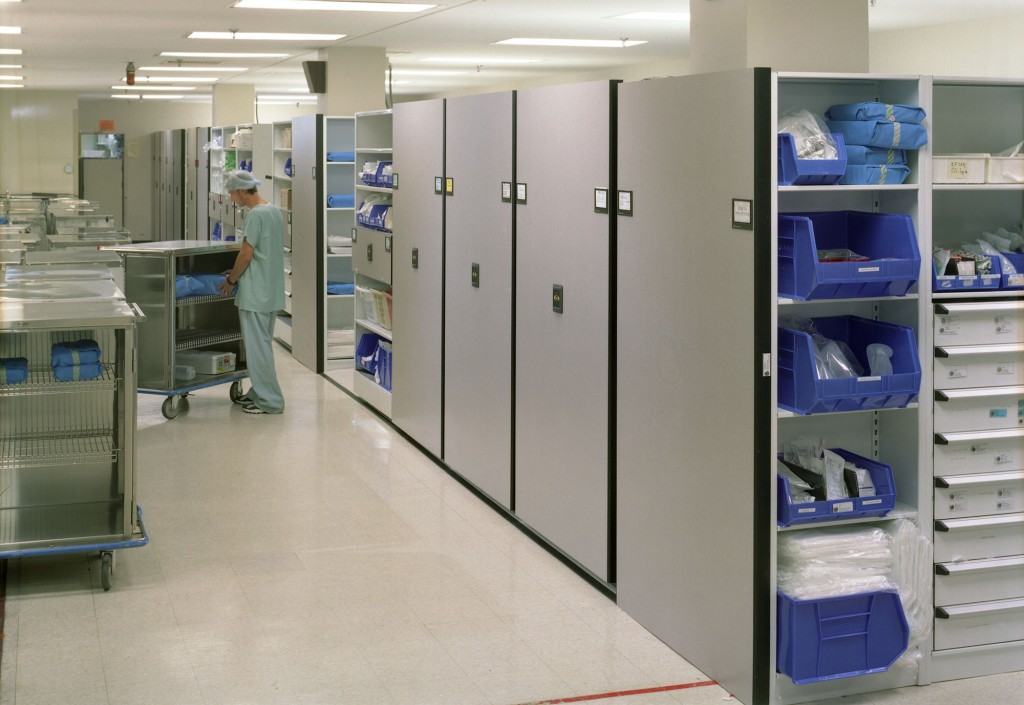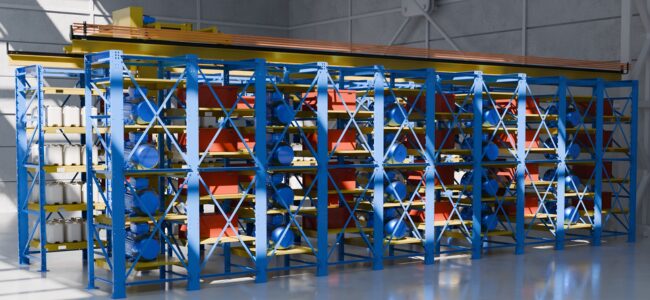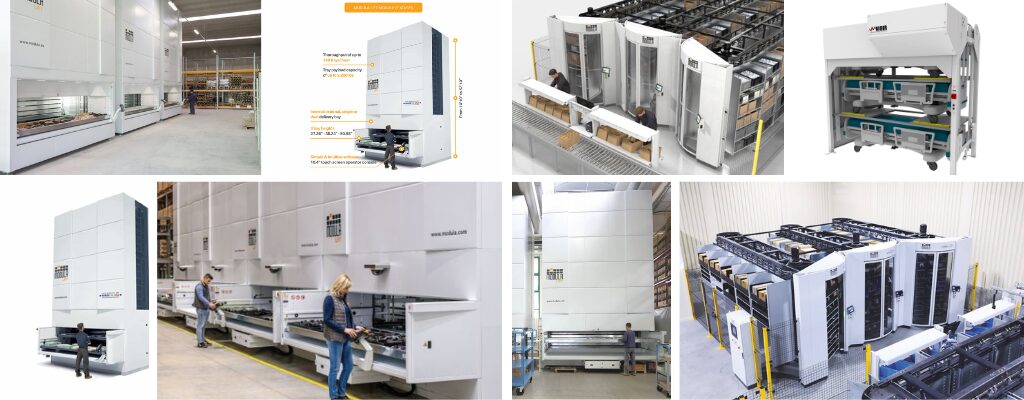
In the ever-evolving landscape of healthcare, optimizing patient care is a top priority for healthcare organizations. Efficient storage systems play a pivotal role in achieving this goal. They are the unsung heroes behind the scenes, streamlining processes, ensuring accessibility, and ultimately enhancing the patient experience. In this article, we dive into the world of healthcare storage and explore how efficient storage systems maximize patient care.
The Challenge of Healthcare Storage
Healthcare facilities, whether hospitals, clinics, or long-term care centers, handle an enormous volume of supplies and equipment daily. From life-saving medications to critical medical instruments, the inventory is vast and diverse. Ensuring the right items are readily available when needed is a logistical challenge.
Historically, healthcare storage has often been a fragmented and disorganized process. This led to issues such as expired medications, misplaced equipment, and inefficient workflows. All of these problems can negatively impact patient care.
The Benefits of Efficient Storage Systems
Efficient storage systems are designed to address these challenges head-on. They bring a range of benefits that significantly impact patient care:
Improved Workflow: Efficient storage systems are designed with user-friendly interfaces and intuitive layouts. Healthcare professionals can quickly locate and retrieve items, reducing the time spent searching for supplies and allowing them to focus on patient care.
Enhanced Patient Safety: Proper storage helps prevent medication errors and ensures that medical supplies are in good condition. This, in turn, enhances patient safety and minimizes the risk of adverse events.
Inventory Control: Automated tracking and inventory management features of efficient storage systems help in maintaining optimal stock levels. This prevents overstocking or running out of critical supplies, ensuring smooth operations.
Cost Efficiency: By optimizing inventory control and reducing waste, efficient storage systems can lead to cost savings for healthcare organizations. This extra budget can then be reinvested in improving patient care.
Space Utilization: Efficient storage solutions make the most of available space, minimizing the need for expansion or storage offsite. This is particularly important in crowded urban areas where space is at a premium.
Regulatory Compliance: Many healthcare facilities are subject to stringent regulations regarding the storage and handling of medications and medical supplies. Efficient storage systems help ensure compliance, reducing the risk of fines and penalties.
Key Features of Efficient Storage Systems
Efficient storage systems come in various forms, each tailored to specific healthcare needs. Some common features and types include:
Automated Dispensing Cabinets (ADCs): These cabinets use technology to dispense medications and supplies, ensuring accurate tracking and reducing the risk of human error.
Modular Shelving: Adjustable and customizable shelving systems allow healthcare facilities to adapt their storage to changing needs.
Temperature Control: For medications and vaccines that require precise temperature control, storage systems with built-in temperature monitoring are crucial.
RFID Technology: Radio-frequency identification (RFID) tags enable real-time tracking of items, reducing the risk of theft or misplacement.
Secure Access Control: Access to sensitive medications and equipment can be restricted to authorized personnel only, enhancing security.
Integration with Electronic Health Records (EHRs): Some efficient storage systems can seamlessly integrate with EHRs, allowing for better tracking and documentation of medication administration.
Implementing Efficient Storage Systems in Healthcare Settings
Implementing efficient storage systems in healthcare settings requires careful planning and consideration of the specific needs of the facility. Here are the steps involved:
Assessment: Begin by assessing the current storage situation. Identify pain points, areas for improvement, and specific needs.
Budgeting: Determine the budget available for implementing efficient storage solutions. Consider the long-term cost savings these systems can provide.
Vendor Selection: Research and select a reputable vendor that specializes in healthcare storage solutions. They can provide guidance on the best systems for your facility.
Customization: Work with the vendor to customize the storage system to your facility’s specific requirements. This may involve configuring shelving, security features, and integration with existing systems.
Training: Train staff on how to use the storage system efficiently and safely. Emphasize the importance of proper documentation and inventory control.
Testing and Optimization: Before full implementation, conduct thorough testing to ensure the system works as intended. Make any necessary adjustments for optimal performance.
Maintenance and Support: Establish a maintenance schedule and ensure that the vendor provides ongoing support for the system.
FAQs
1. Are efficient storage systems only for large healthcare facilities like hospitals?
No, optimizing patient care with efficient healthcare storage can benefit healthcare organizations of all sizes, including clinics, pharmacies, and long-term care facilities. The key is to tailor the system to the specific needs of the facility.
2. How do efficient storage systems contribute to patient safety?
Efficient storage systems help prevent medication errors by ensuring that the right medications are readily available and properly labeled. They also reduce the risk of contamination and ensure that medical supplies are in good condition.
3. Are efficient storage systems expensive to implement?
While there is an initial investment involved in implementing efficient storage systems, they often lead to cost savings in the long run. By optimizing inventory control and reducing waste, these systems can actually lower overall operating costs for healthcare organizations.
4. Can efficient storage systems be integrated with existing electronic health record (EHR) systems?
Yes, many efficient storage systems can be seamlessly integrated with EHRs, allowing for better tracking and documentation of medication administration. This integration enhances efficiency and reduces the risk of errors.
5. Are there regulations governing the use of efficient storage systems in healthcare settings?
Regulations vary by location and the type of facility. Healthcare organizations should ensure that their chosen storage systems comply with relevant regulations, especially those related to medication and supply storage.
6. Can efficient storage systems be customized to fit the unique needs of a healthcare facility?
Yes, efficient storage systems are highly customizable. Vendors work with healthcare organizations to tailor the systems to their specific requirements, whether that involves configuring shelving, security features, or integration with existing systems.




